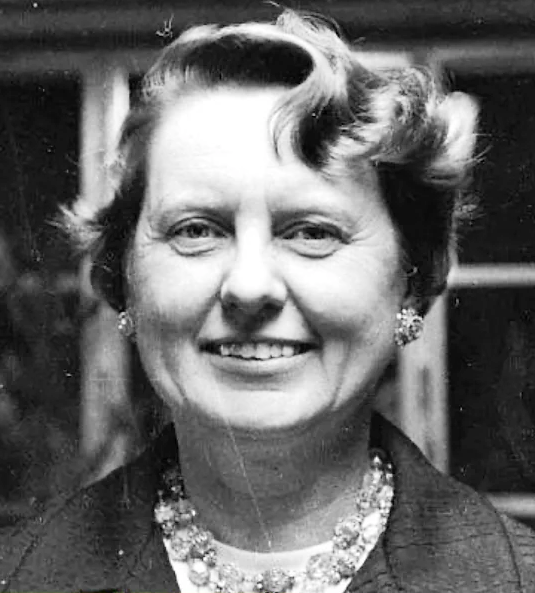1925 - 1983
Date Added:
Edited

Founder of bioinformatics, American physicist Margaret Oakley Dayhoff pioneered the use of computational technologies to analyze biological data. She compiled the “Atlas of Protein Sequence and Structure” and was the first woman to chair the Biophysical Society. In her honor, the Society created the Margaret Oakley Dayhoff Award, which is given annually to a woman with great potential at the beginning of her career in scientific research. An only child, when she was 10 years old she moved with her mom and dad from her hometown of Philadelphia to New York. Upon graduation from high school she was awarded a scholarship to study and graduated with honors in mathematics from Washington Square College. She did a Ph.D. in Quantum Chemistry from Columbia University and for her thesis she pioneered the use of computer science for theoretical chemistry. Mother of two daughters, she became a professor of physiology and physics at Georgetown University Medical Center and in 1960 became an associate director of the newly created National Biomedical Research Foundation, where she applied mathematical and computational techniques to the study of the molecular evolution of proteins. With a team composed mainly of women, she collected data that other scientists had obtained on proteins. In 1965 she published what is considered to be the founding text of bioinformatics: “Atlas of Protein Sequences and Structures”, the first publicly accessible collection of all protein sequences known at that time. During her career she introduced the use of computers for scientific research, created the one-letter code for the designation of amino acids, designed software and computer algorithms. As president of the Biophysical Society, she developed specific programmes for the incorporation of women into scientific careers.
Share your thoughts on this story with us. Your comments will not be made public.
Email
Copyright ©2016 - Design By Bureau Blank